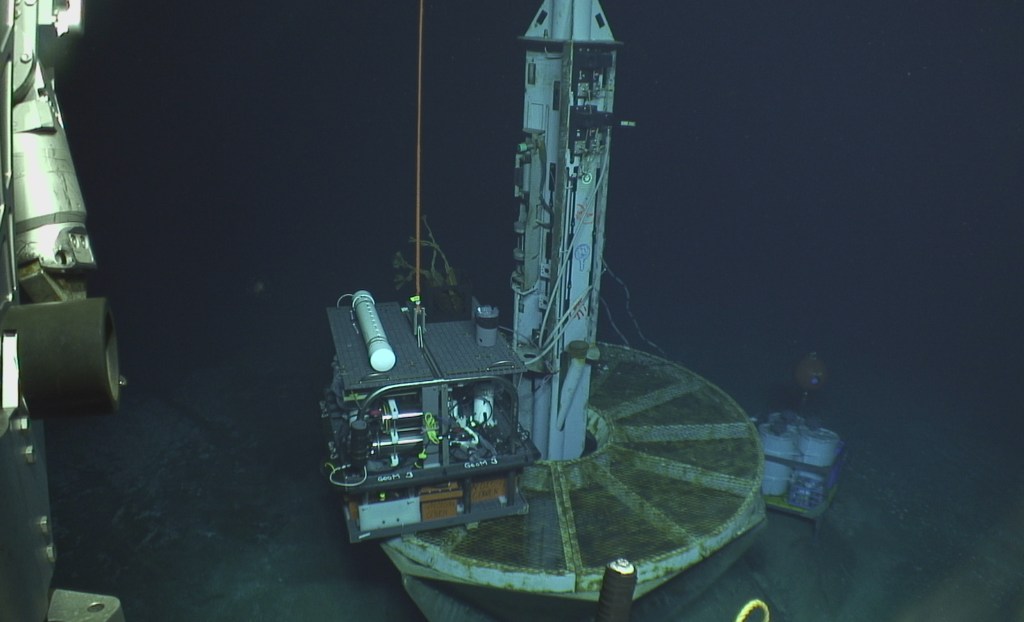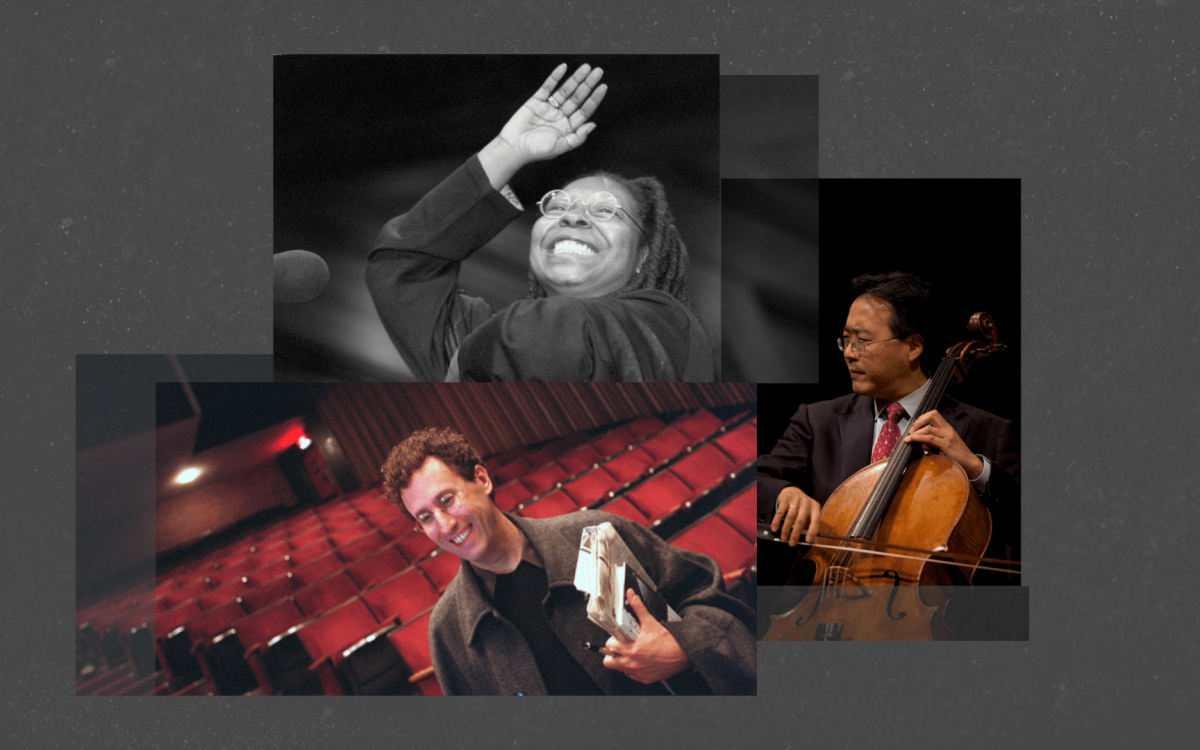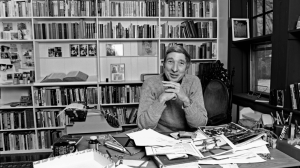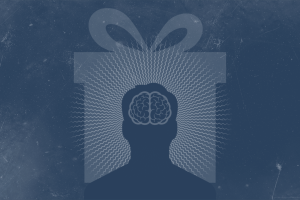Science & Tech
-
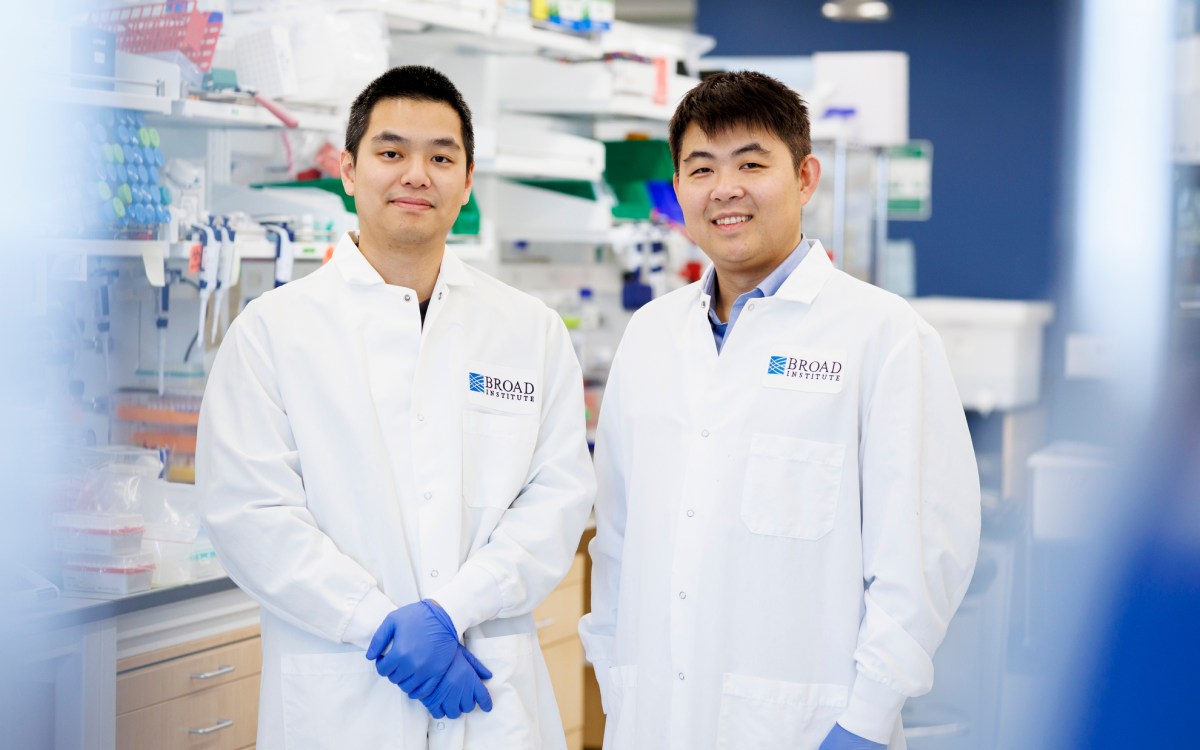
How did that cancer cell become drug-resistant?
Researchers find way to create microscopic archives of gene activity to gain insights into how, why changes happen

-
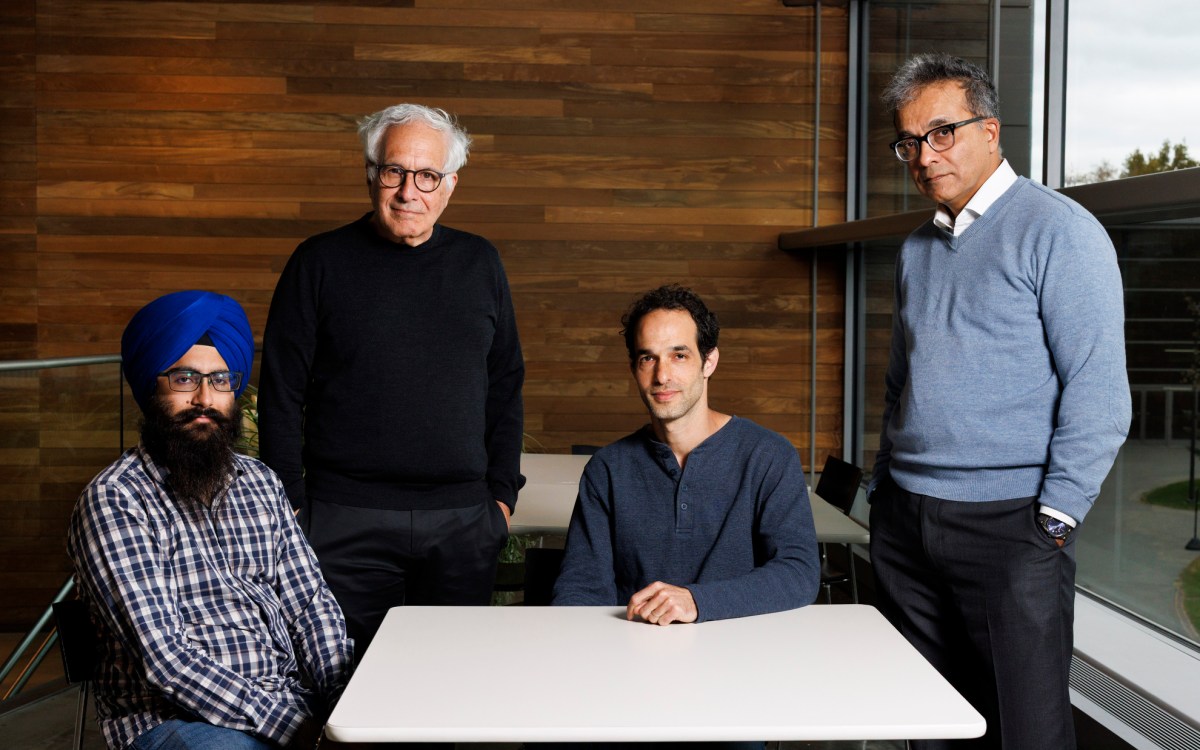
Want to speed brain research? It’s all in how you look at it.
New AI-enhanced scanning method promises to boost quest for high-resolution mapping
-
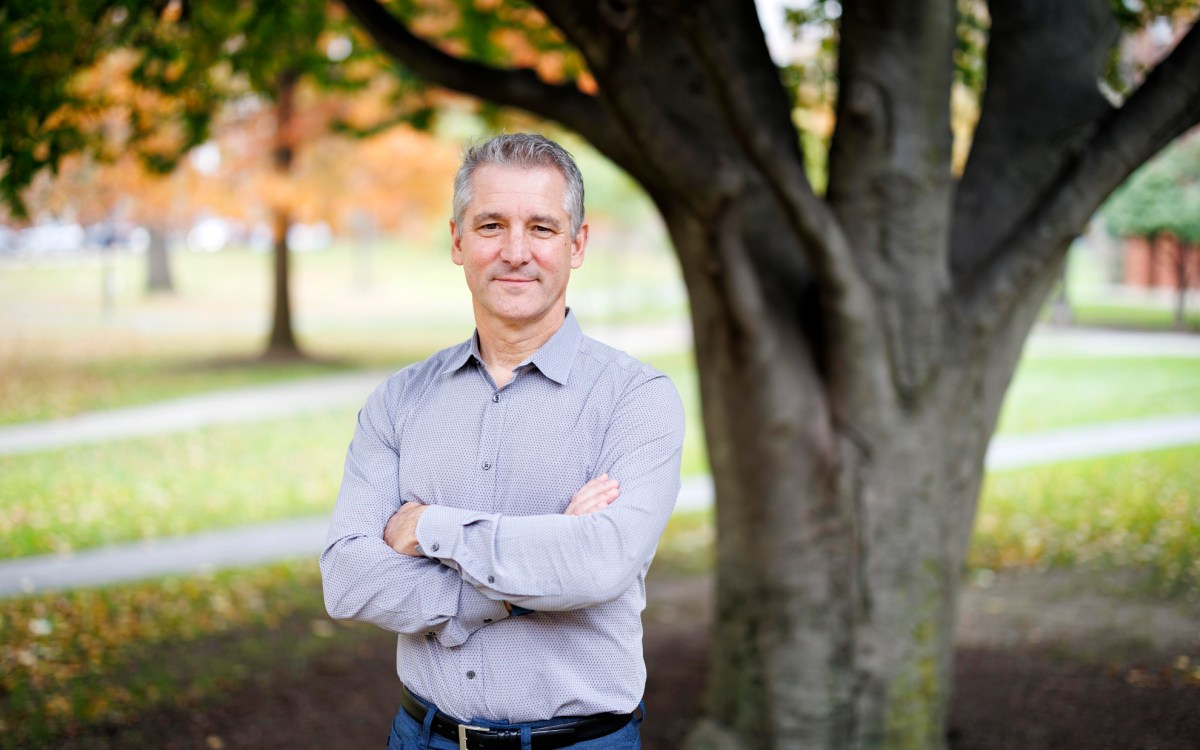
-
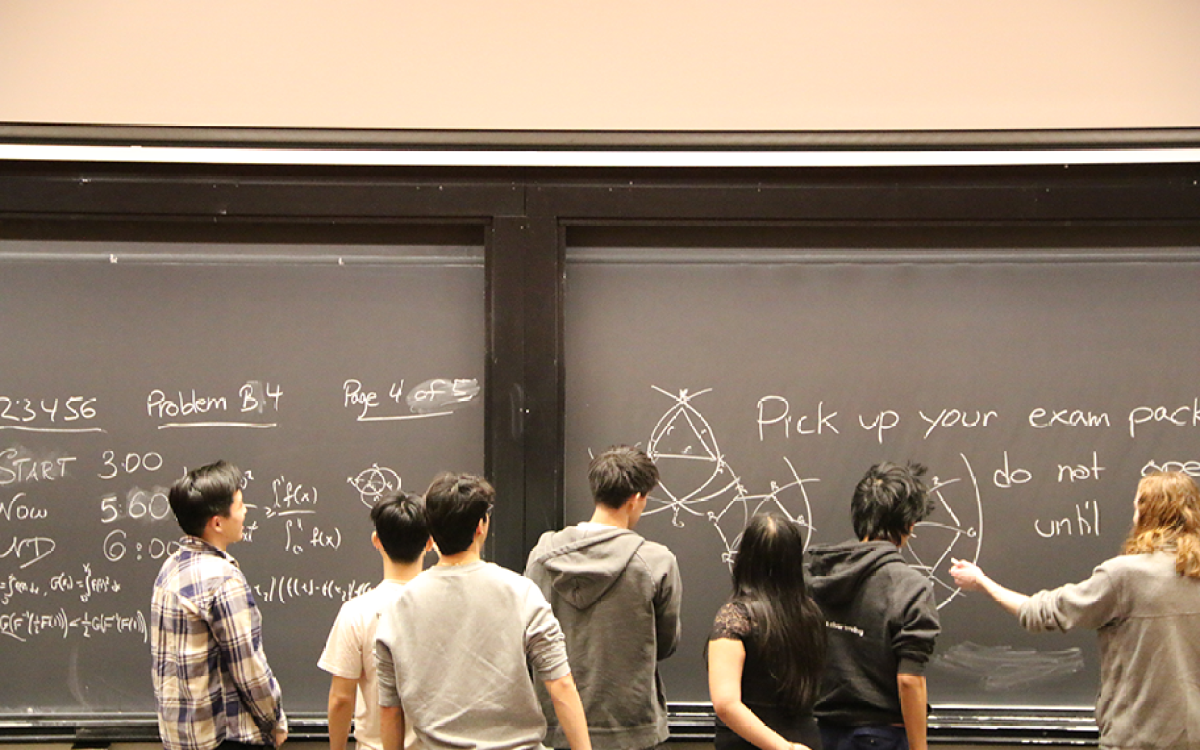
‘It just feels good when you solve the hard problems’
Why do students volunteer to take this notoriously difficult math exam? For the fun of it.
-
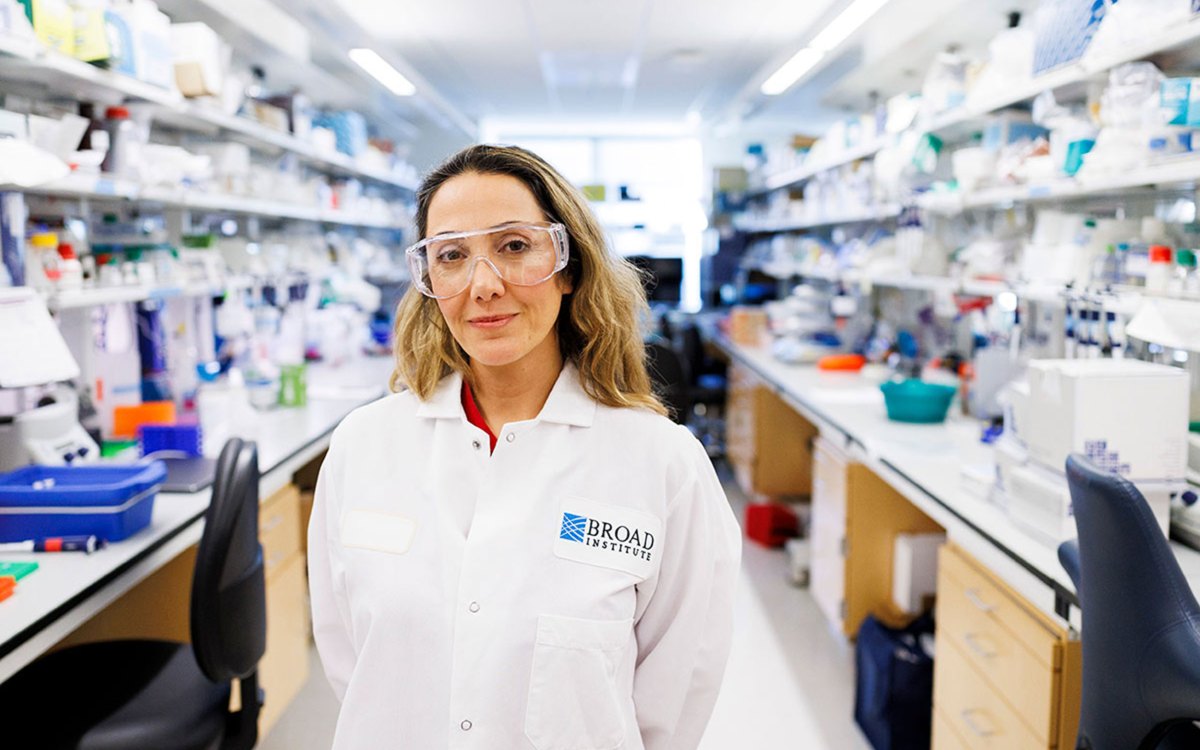
Stopping the next pandemic
Disease surveillance network faced ‘existential cliff’ despite proven success. Then came the $100 million.
-

Rethinking — and reframing — superintelligence
Microsoft researcher says separating AI from people makes systems dangerous and unproductive
-
Printing with sound
Harvard researchers have developed a new printing technology that uses sound waves to control the size of liquid droplets independent of fluid viscosity.

-
Movement monitor
A team of researchers from the Rowland Institute at Harvard, Harvard University, and the University of Tübingen is turning to artificial intelligence technology to make it far easier than ever before to track animals’ movements in the lab.
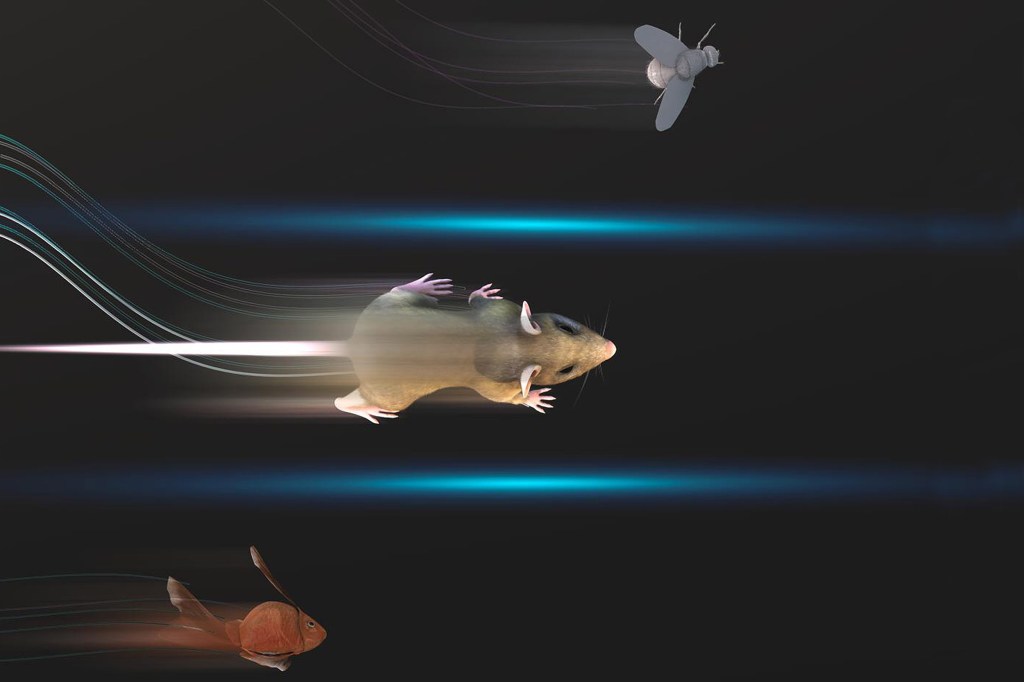
-
Learning catalysts’ secrets
Cynthia Friend, who recently received a multimillion dollar grant from the U.S. Department of Energy, is well positioned to help “change the face and carbon footprint of the chemical industries sector,” one of her team’s goals.
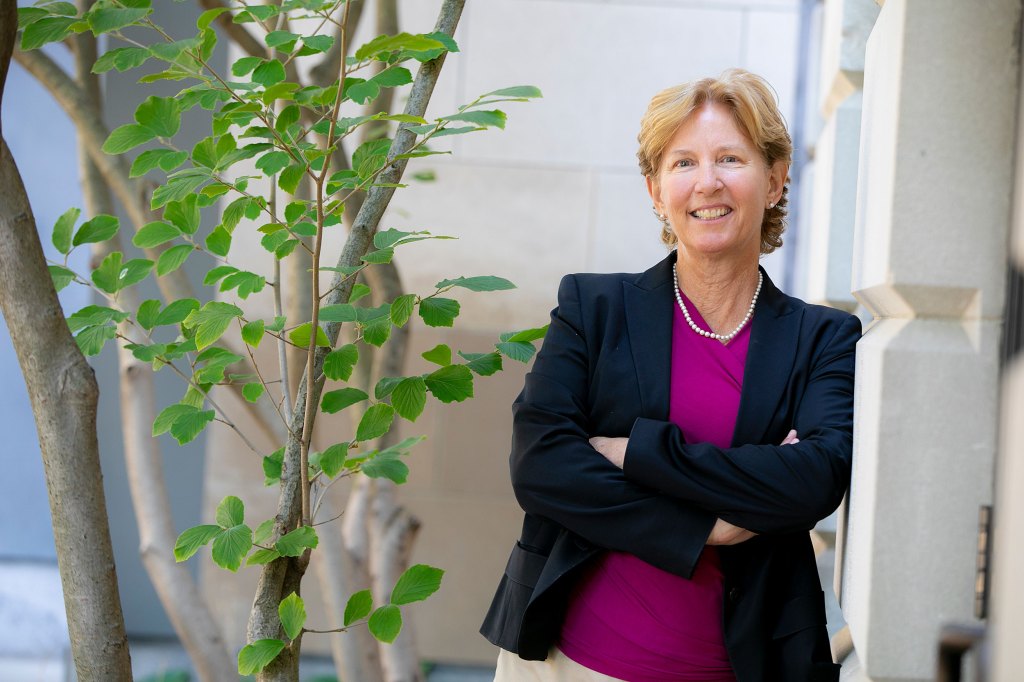
-
Taking the brain apart to put it all together again
A new organ chip system from the Wyss Institute allows scientists to make new discoveries about the importance of blood vessels for our mental function.
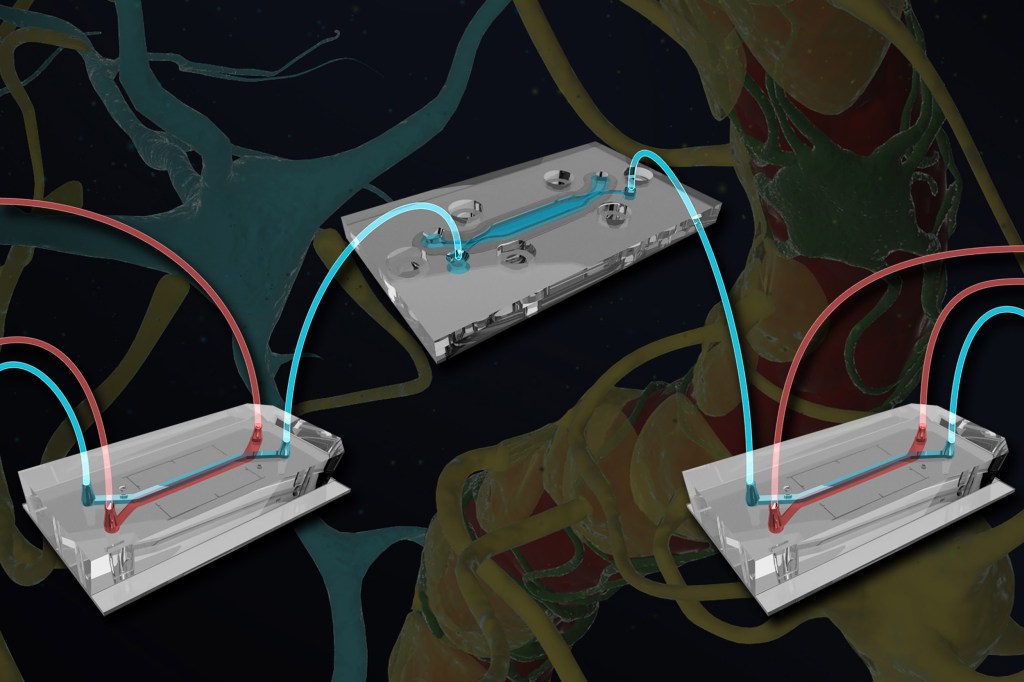
-
What a difference a year of data science makes
After a successful first year, the Harvard Data Science Initiative puts its focus on five new research areas and four new fellows.

-
New test helps ID those at risk for five deadly diseases
A Harvard research team developed an analysis to measure millions of small genetic variations and calculate the risk of developing five serious common diseases: coronary artery disease, atrial fibrillation, Type 2 diabetes, inflammatory bowel disease, or breast cancer.
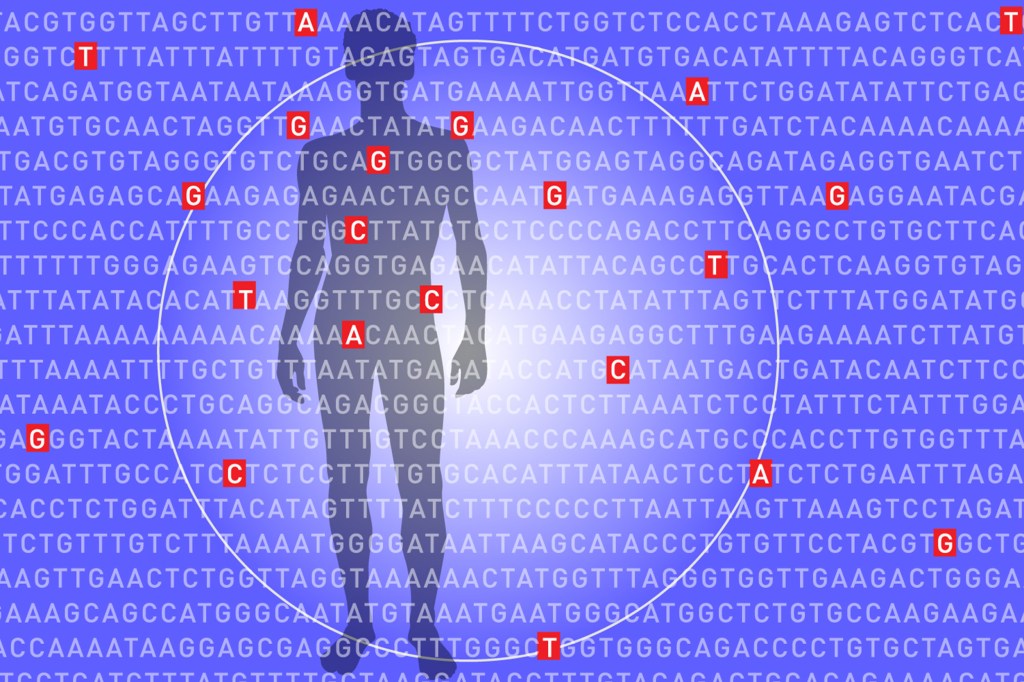
-
Tracking rivers to read ancient glaciers
In a new study, Harvard researchers say they may be able to estimate how glaciers moved by examining how the weight of the ice sheet altered topography and led to changes in the course of rivers. The study is described in a paper published in Geology.
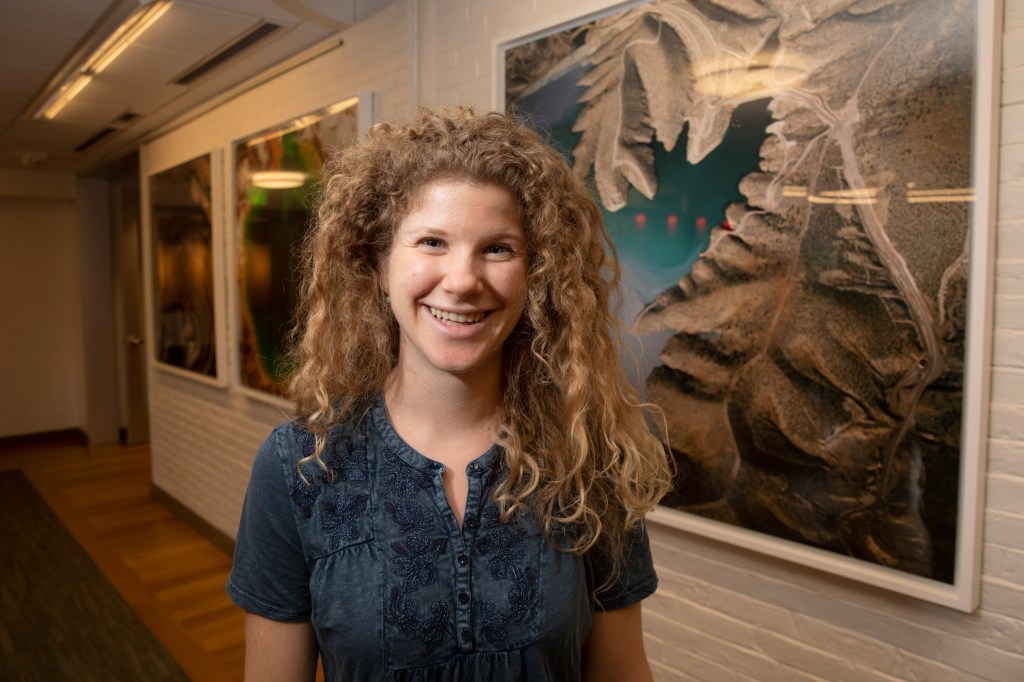
-
Genetic barcodes trace cells back to single-cell origin
Harvard researchers have found that by using evolving genetic barcodes, the process of cell division in developing mice can be recorded, enabling the lineage of every cell to be traced back to its single-cell origin.

-
Soft multifunctional robots get really small
A team of researchers has created a soft, animal-inspired robot that can safely be deployed in difficult-to-access environments, such as in delicate surgical procedures in the human body.
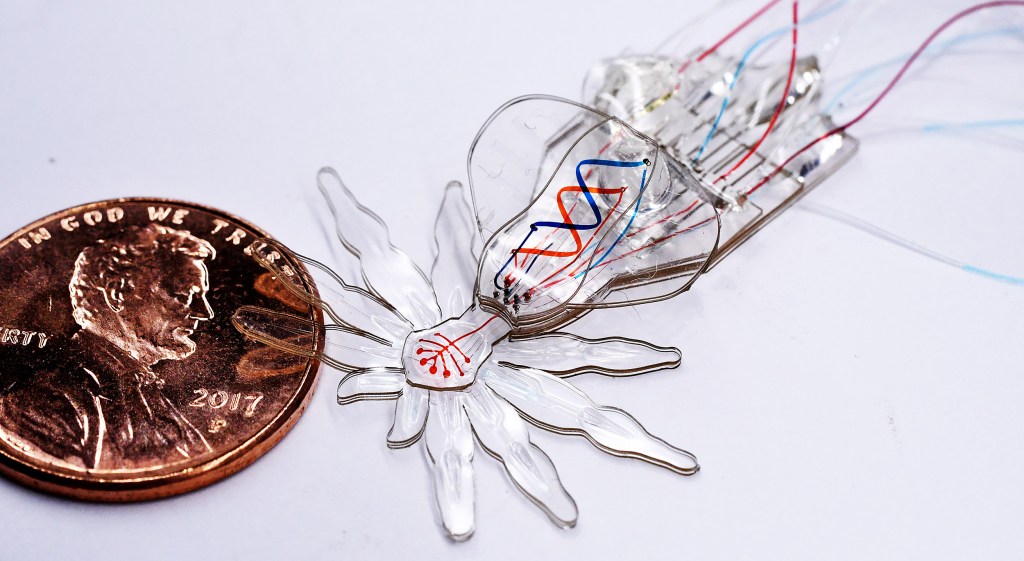
-
Solving the problem of the calculus whiz
New Harvard research challenges conventional wisdom on what it takes to excel in calculus.

-
The scope of TESS
Harvard astronomer David Latham explains his role as science program director for NASA’s Transiting Exoplanet Survey Satellite.
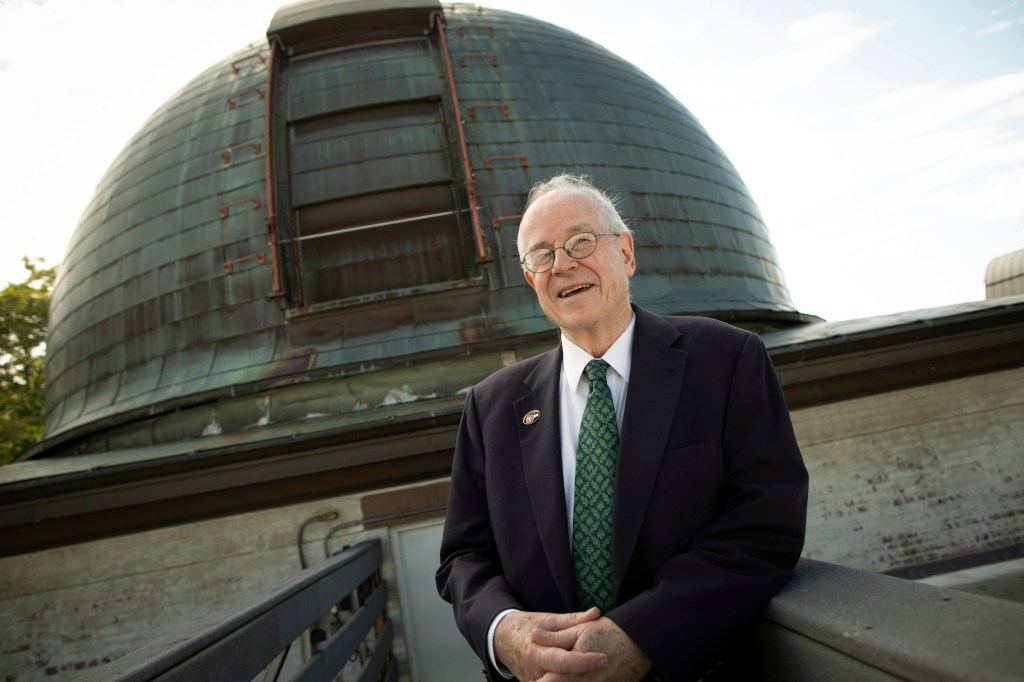
-
Deep into the wild
Researchers used “deep learning” to identify images captured by motion-sensing cameras.
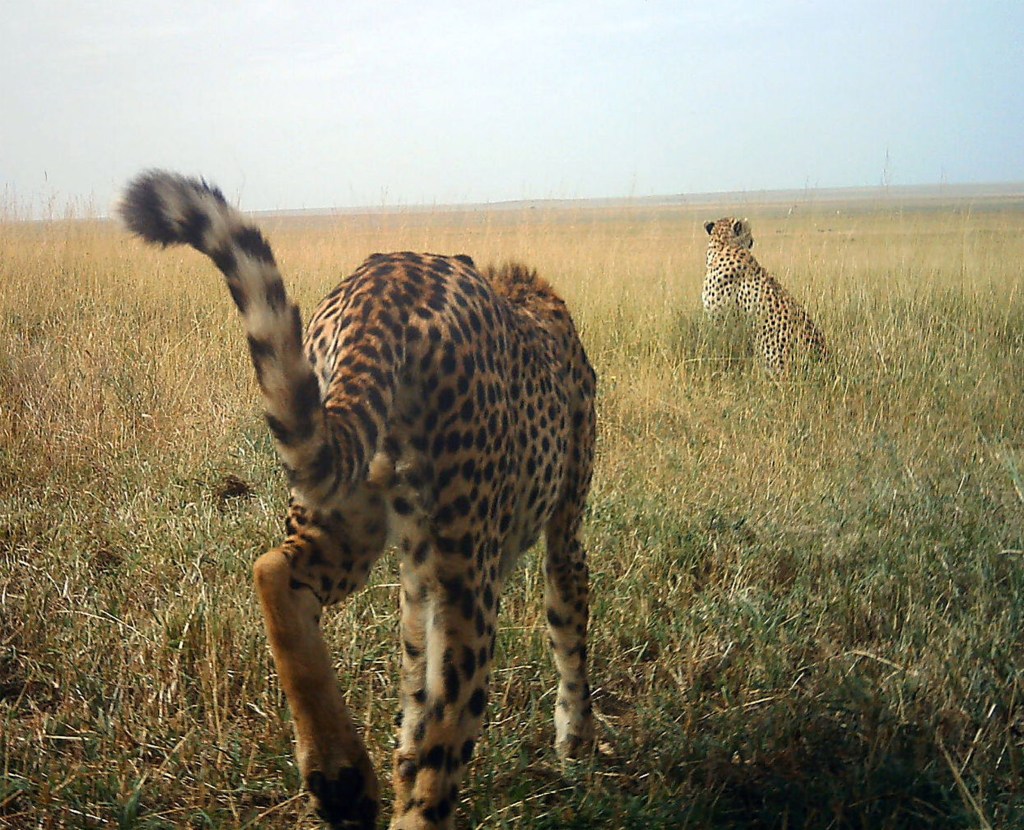
-
The Amazon as engine of diverse life
Researchers believe that many of the plants and animals that call Latin America home may have their roots in the Amazon region.
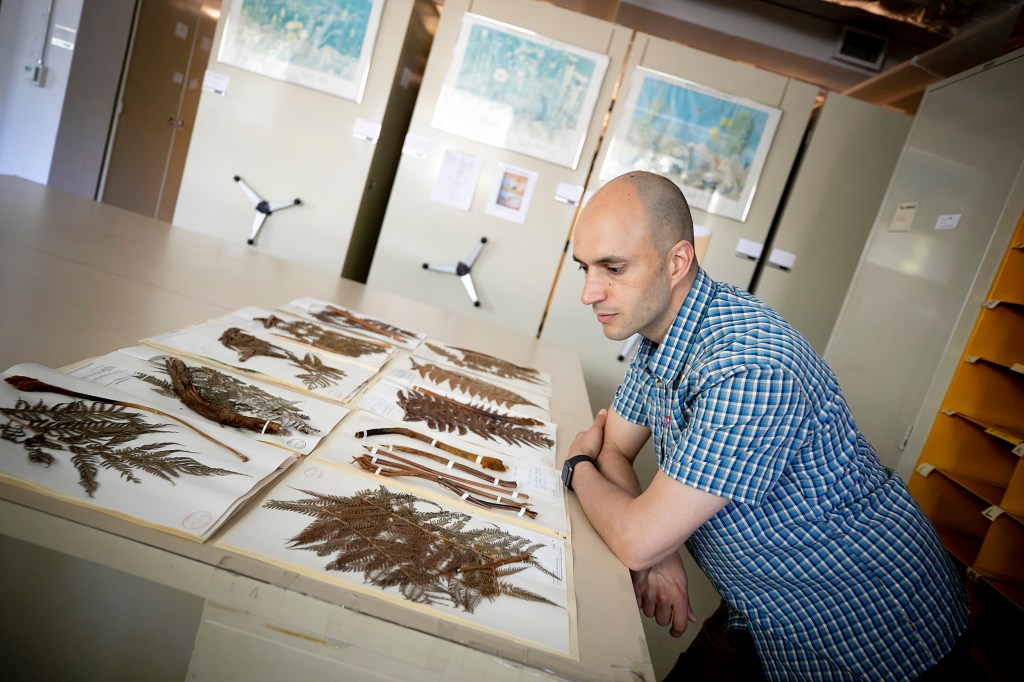
-
‘Aliens’ of the deep captured
A new device developed by Harvard researchers safely traps delicate sea creatures inside a folding polyhedral enclosure and lets them go without harm using a novel, origami-inspired design.
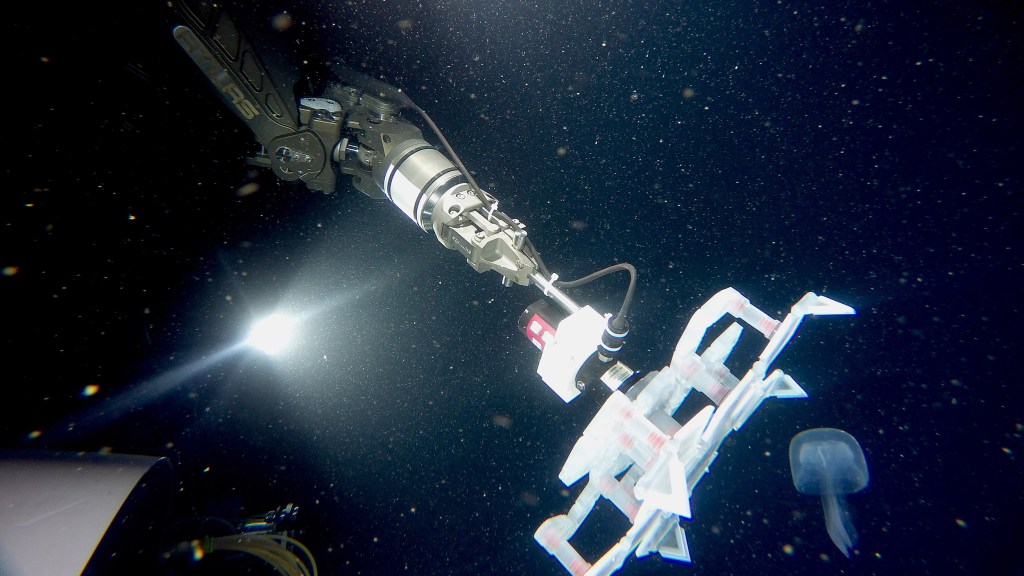
-
Easing the way for students to ‘do’ science
Robert Lue, principal investigator for the development of an online learning platform called LabXchange, aims to provide a virtual laboratory experience and social community for biology students.
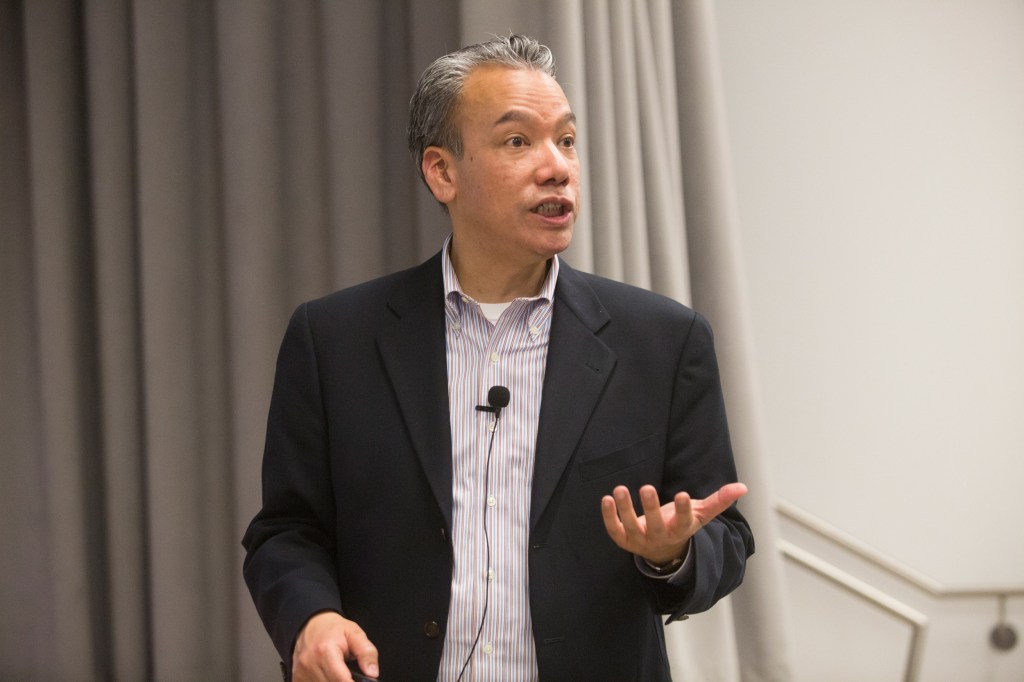
-
Mining Facebook data for science
An organization co-created by Harvard scientists is set to release a massive trove of Facebook data, strictly for research purposes.
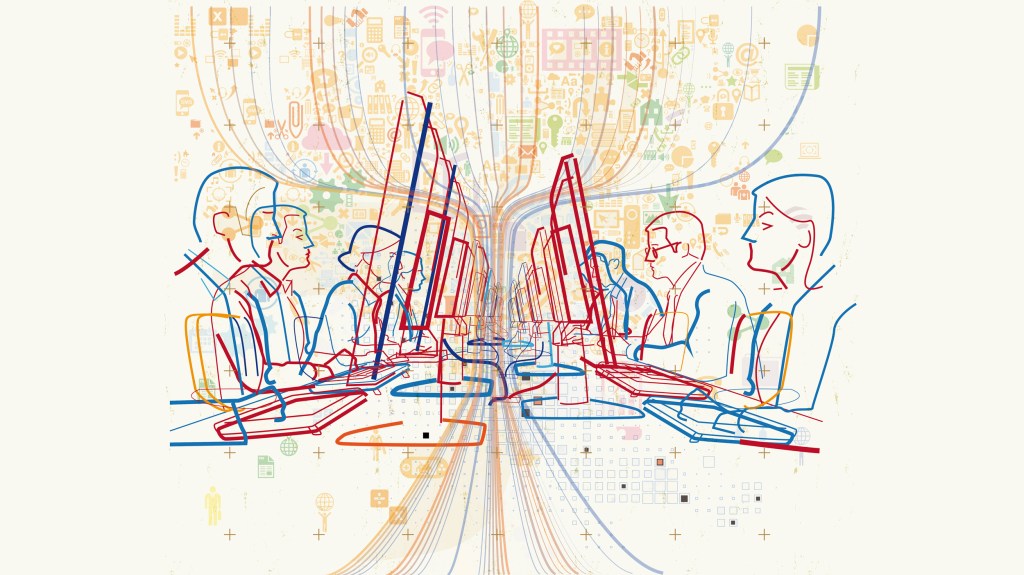
-
Game-changing game changes
Games that can change based on players’ actions help Harvard’s Martin Nowak and his fellow researchers to understand the evolution of cooperation.
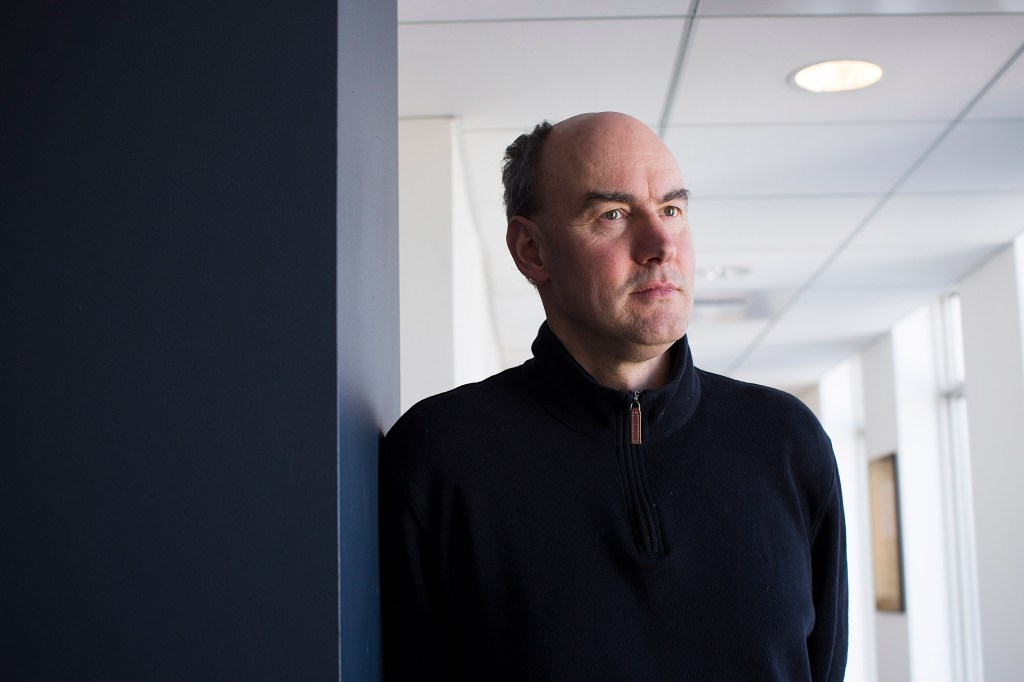
-
Personality pressure
Harvard researchers demonstrated a link between individual variation in risk-taking behavior and survival of animals in changing environments.
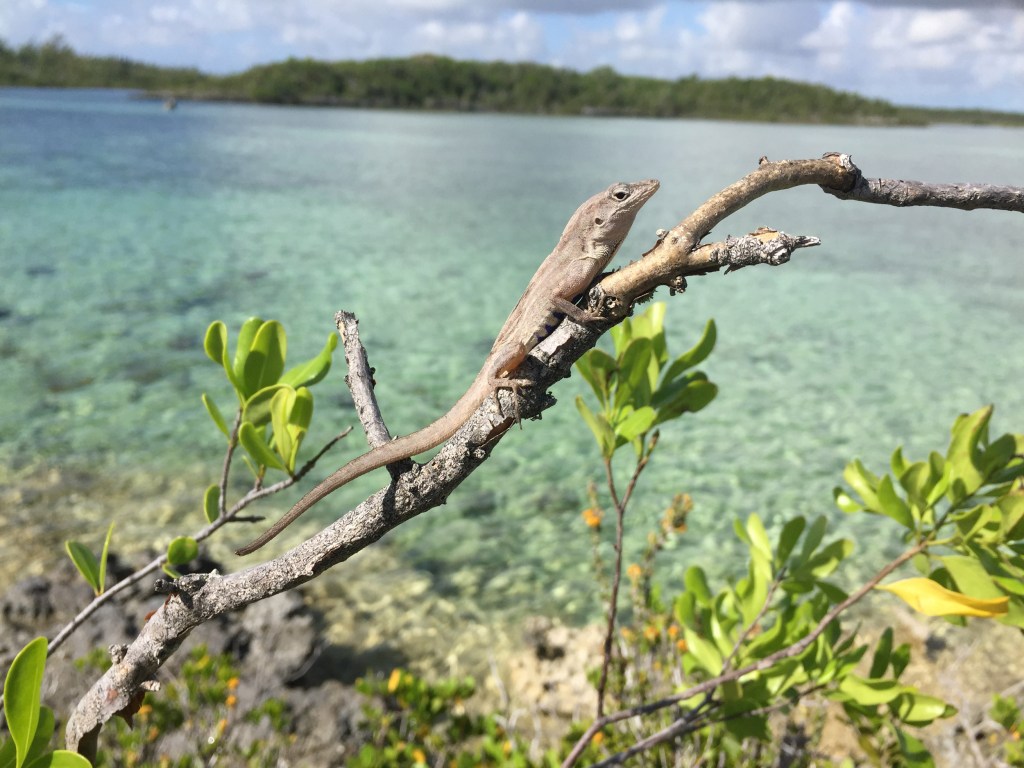
-
150 years later, her star is still rising
At Harvard College Observatory in the late 19th and early 20th century, Henrietta Swan Leavitt developed a powerful new tool for estimating the distances of stars and galaxies.
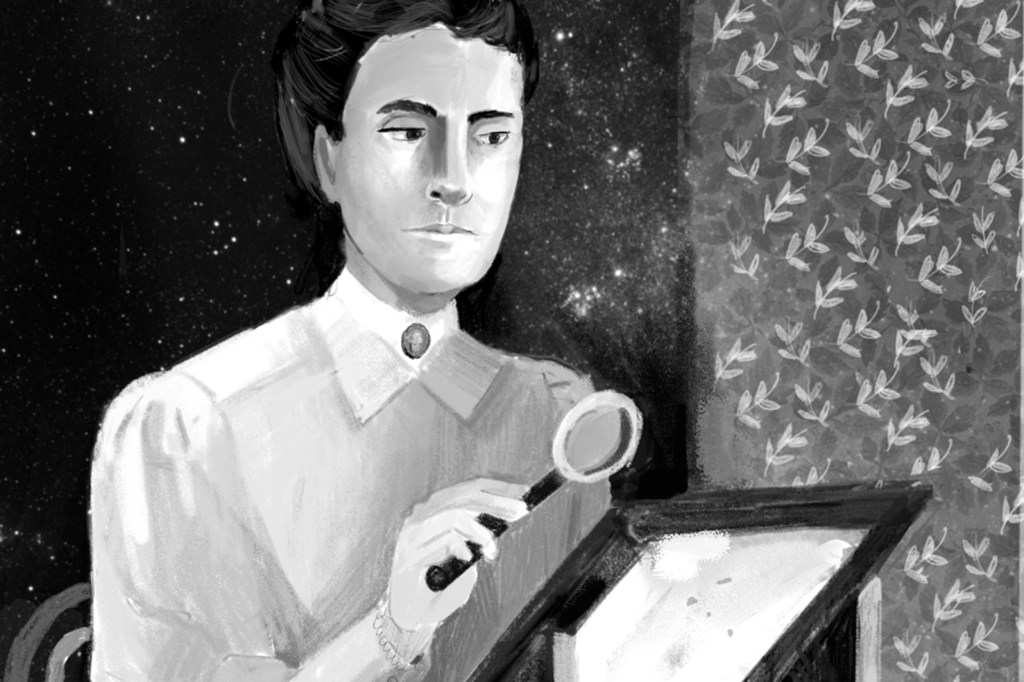
-
Swimming robo roach makes a splash
Harvard’s Ambulatory Microrobot explores new surfaces.
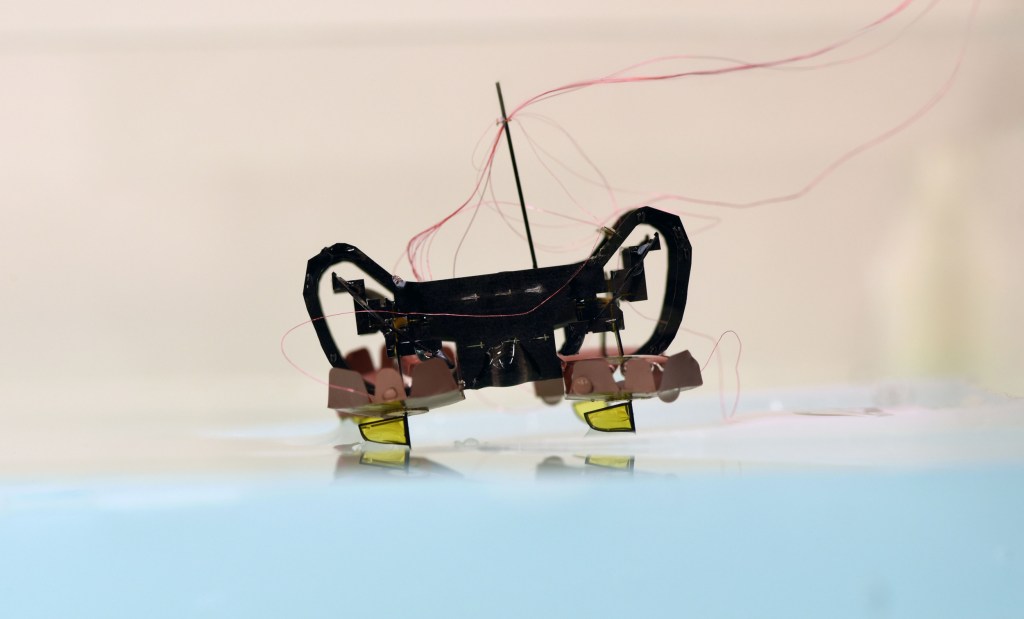
-
How to feel the heat
A team of researchers was able to show how sensory neurons in the face detect temperature, and how this information is later passed on to the hindbrain of zebrafish, where it is processed to produce behavior.
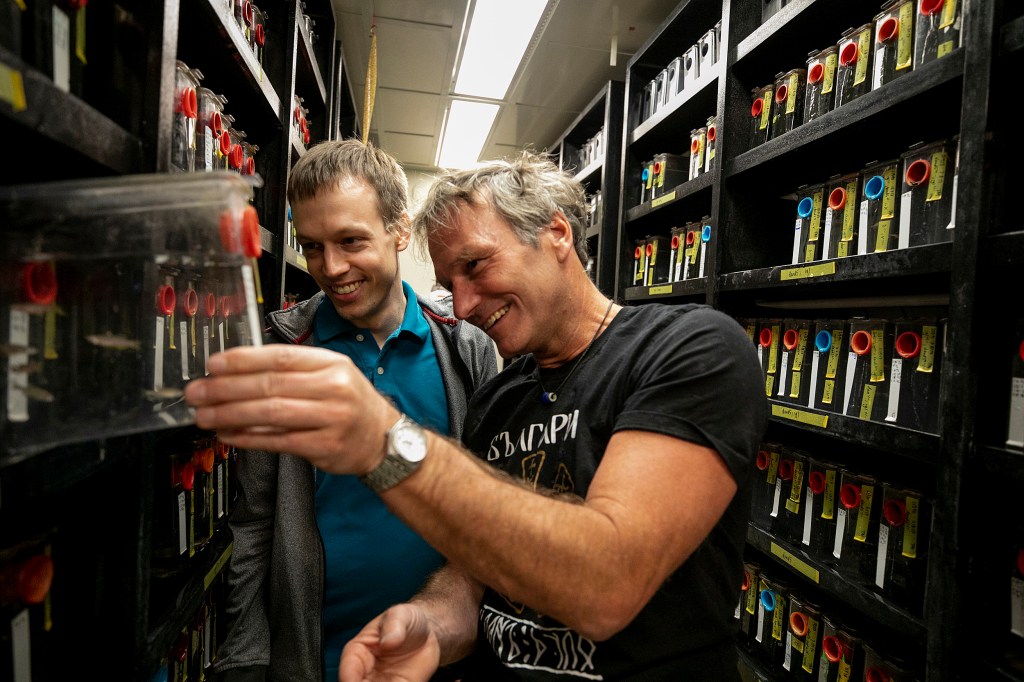
-
We solved the problem! Now let’s unsolve it.
Harvard researcher Daniel Gilbert’s “prevalence-induced concept change” speaks to humankind’s conflicted relationship with progress.

-
IT for social justice
Keynote speakers at the eighth Harvard IT Summit focused on how technology can contribute to a more diverse, just, and civil society.
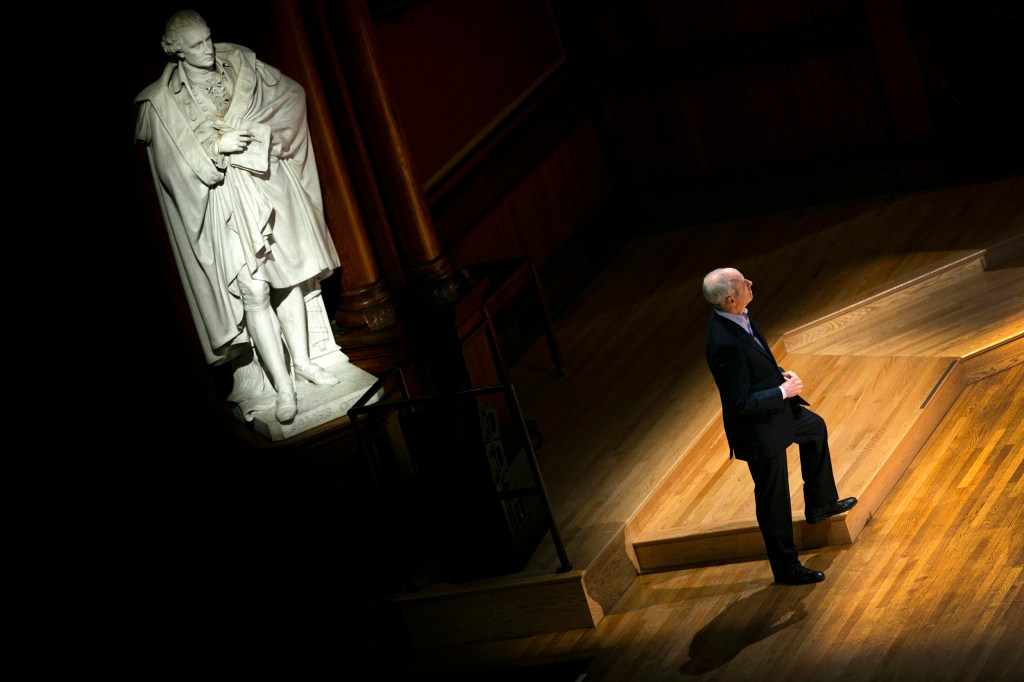
-
Eye-popping arachnids
Harvard researchers examined mysteries of color in the spider species Phoroncidia rubroargentea.
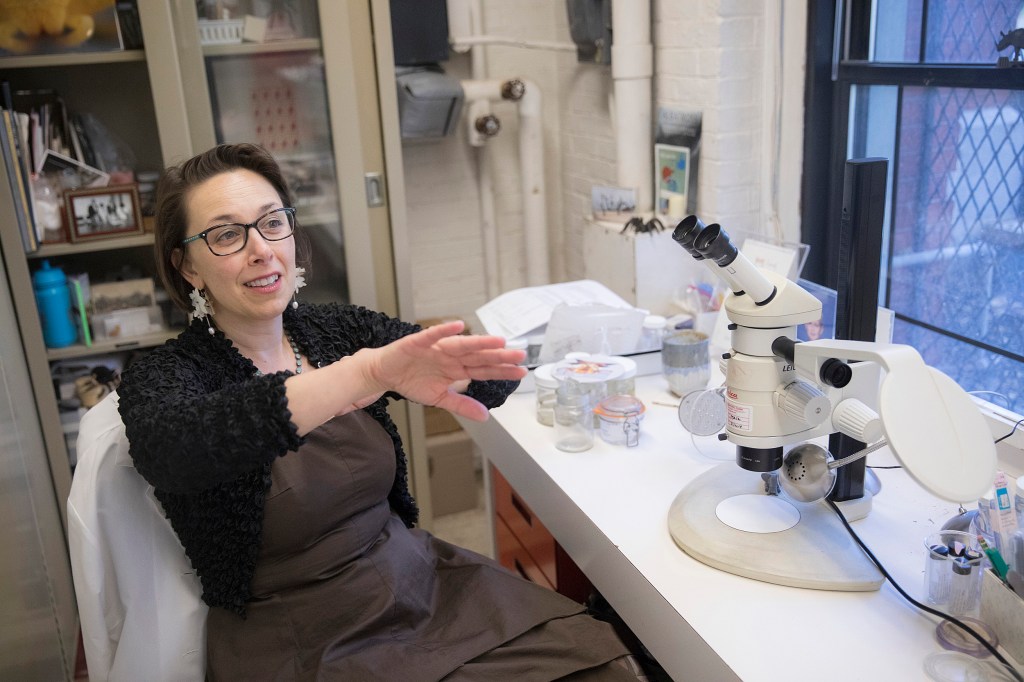
-
Team plans industrial-scale carbon removal plant
In a step to help fight global warming, Harvard Professor David Keith has a plan to repurpose existing technology to slash the costs of carbon capture.
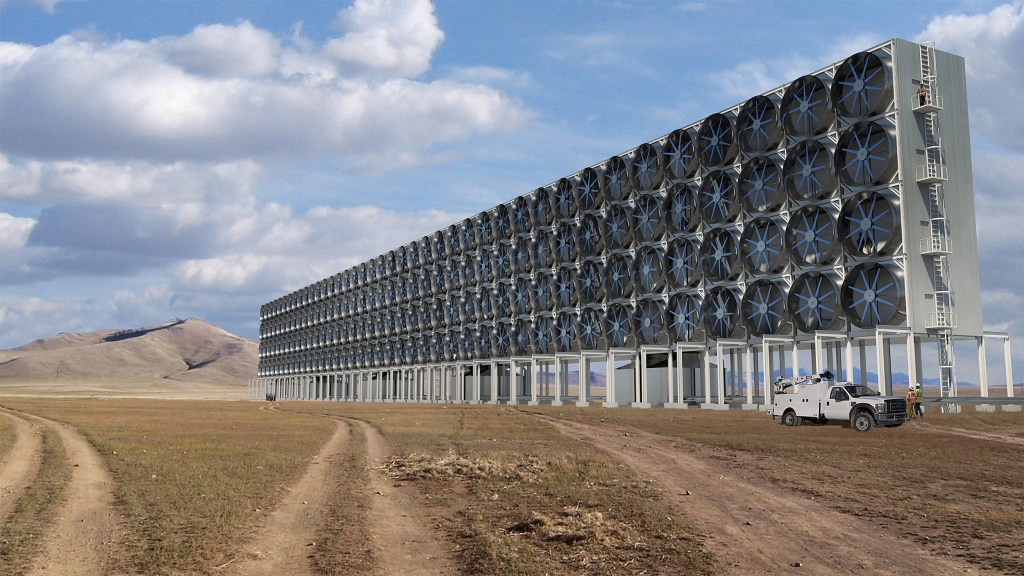
-
Virtual lab to extend reach of science education
Amgen and Harvard are teaming up to develop a free online education platform called LabXchange.
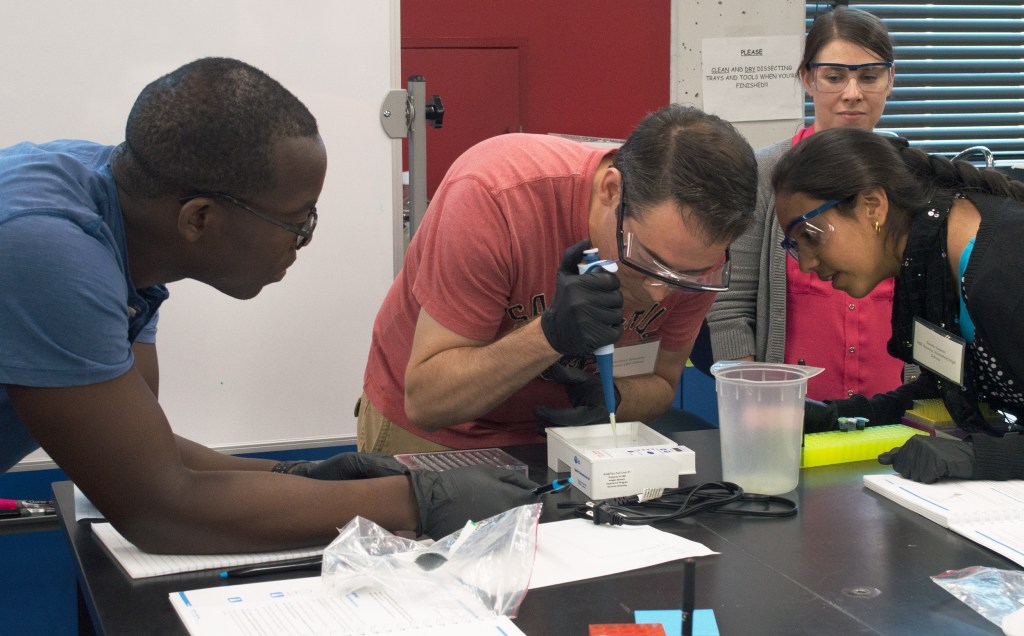
-
Creating piece of mind
A graduate student, who had a baseball-sized brain tumor, was curious to see what his brain looked like before the tumor was removed. This led him to colleagues who collaborated on a new 3-D printing technique.
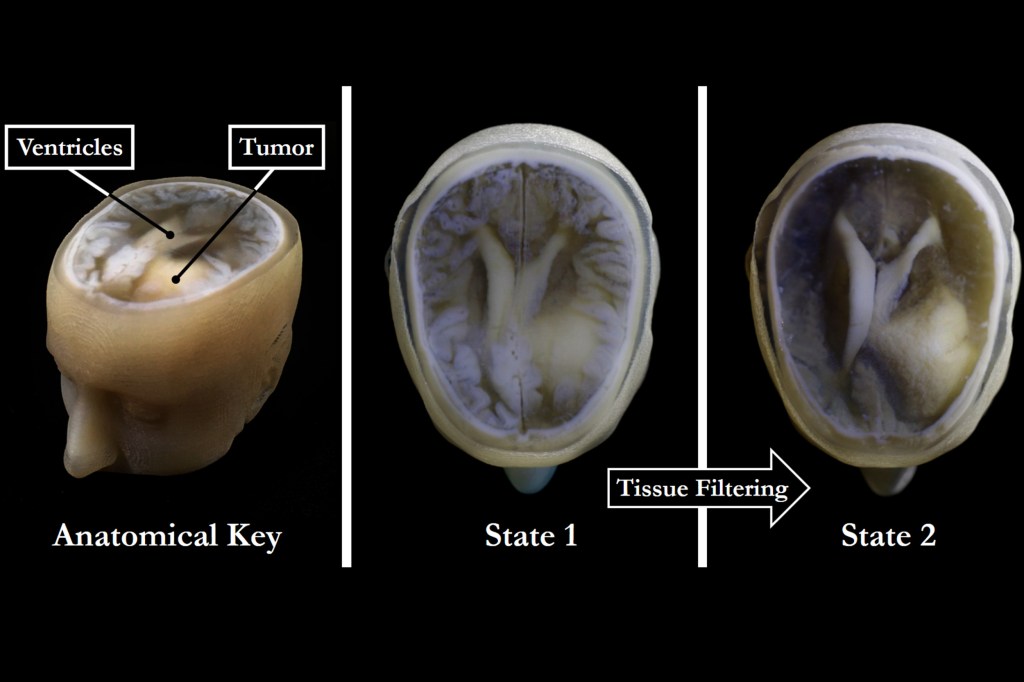
-
New light on dark matter
Harvard-Smithsonian Center for Astrophysics researchers explore dark matter particles that may carry an electric charge, and explain why that matters.

-
CRISPR’s breakthrough implications
CRISPR pioneer Jennifer Doudna discussed the gene-editing technology’s rapid spread and the need for a robust discussion about the ethics of its applications.
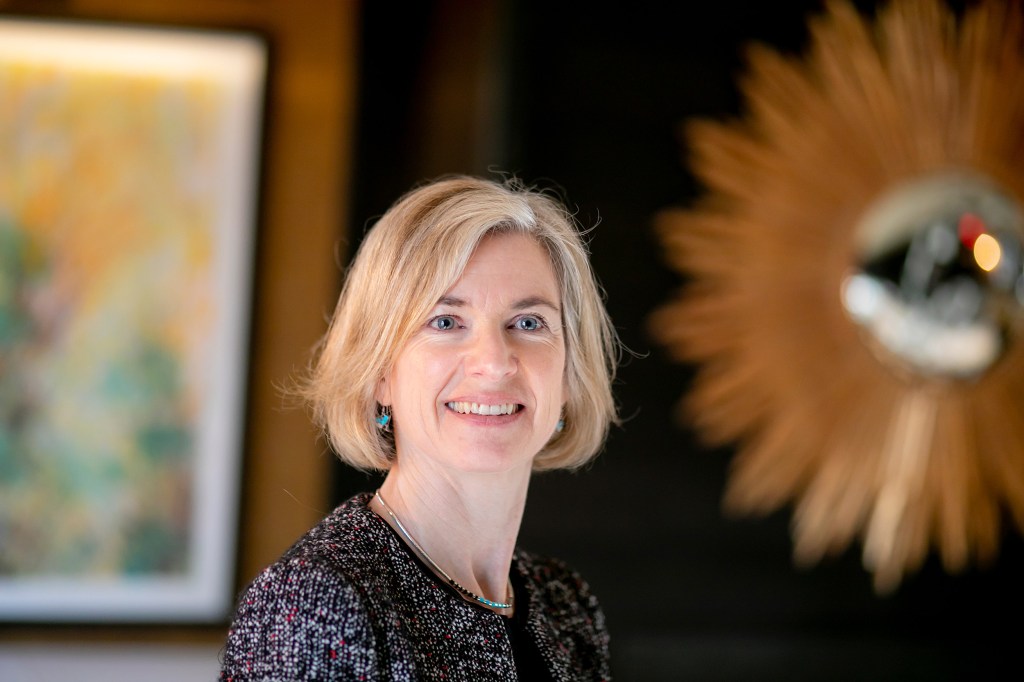
-
Carbon consumers
Natural lab holds promise to transform understanding of deep-ocean carbon cycling, says Professor Peter Girguis.
